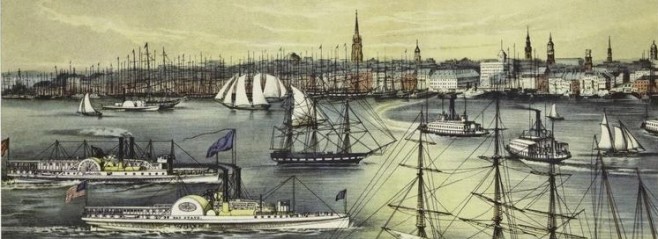Below please find this week’s web questions, written by your classmate, Erik Akselband.

Close-up of an Indian from The Death of General Wolfe by Benjamin West (1770)
1. What are some factors that led the Albany Plan to not being approved? Why were the British colonies of North America not able to cooperate with each other, especially when it came down to creating anything like a general government? Considering the fact that a war was going on, how was it that the colonies could not even establish a common defense?
2. After the French and Indian War was over, the size of British debt had expanded massively, in part because of the defense of the colonies. Colonists contributed little toward the war, and even sold supplies to the French. After all this, what is your opinion of London taking firmer control of the colonies in the years after 1763?
3. Going back to previous chapters, why do you think that all colonies sent delegates to Philadelphia for the first Continental Congress, except for Georgia?
4. Why do you think it took so long for the colonies of America to finally work together, and especially to work against the British? What specific events led to the colonies finally doing so? Do you think that the colonies would have worked together if certain events had not happened?
5. What might have happened had Lord North’s decision to allow the colonies to vote on Parliament’s proposed taxes came earlier then it did? Do you feel that the colonies eventually would have received representation in the Parliament?











